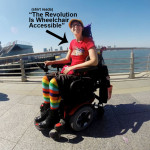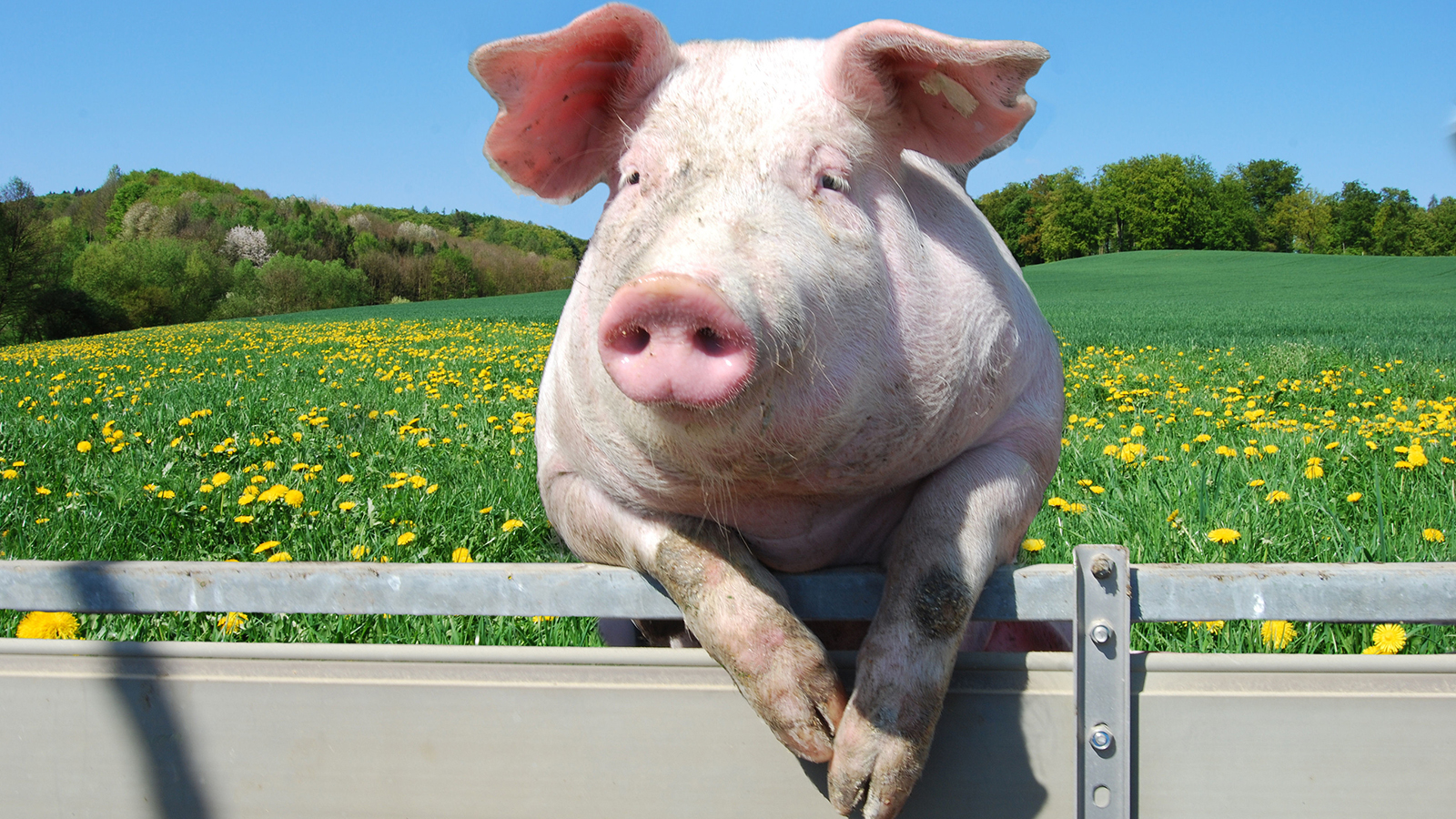
My partner and I were shopping for a Christmas present for his dog one December (dogs love gifts, too!), and while sifting through the pet section of Aldi (a grocery chain), we noticed something strange. The holiday gift packs for dogs were tagged as male, while the cat packs were coded female.
According to Armitage Pet Care (“The largest independent manufacturer and distributor of branded pet accessories and treats in the UK”), kitty treats are for “good girls” and doggy treats are for “good boys.” The design colors and animal caricatures used in the packaging appear to be neutral, but the labels are unnecessarily gendered.
Upon further investigation, I found that this gendering process extends beyond Santa’s workshop: “Good Boy” applies to Armitage’s entire line of canine treats, and “Good Girl” refers to its line of feline treats. What is more, this gender assignment is presumed to be implicit. The company website does not bother to clarify which product line refers to which species; it is simply taken for granted that visitors will know that dogs are “good boys” and cats are “good girls” (see below).
Sociologists have noted that humans transfer their gender role expectations onto nonhumans. Dogs tend to be masculinized; cats tend to be feminized. Regardless of the animal’s actual sex, they will be socialized in accordance with the gender of their guardian.
My brother’s pit bull is female, for example, but she plays rough and rowdy. This is because my brother, male-identified, has socialized her as an extension of his own gender expression. Gender is not genetic or instinctual: it is taught and learned. Her behavior cannot be attributed to her breed, as other pit bulls can be very quiet and gentle.
When the sex of an animal aligns with the gender of their guardian as well as the guardian’s gender role projections, this effect amplifies. Consider, for instance, that many men are hesitant to have their male companion animals spayed for fear of emasculating them (a serious problem given the high death rates in kill shelters for discarded and homeless animals). Gender may be socially constructed, but its consequences are real indeed.
Sociologist Lisa Wade regularly deconstructs “unnecessarily” or “pointlessly” gendered cultural artifacts on Sociological Images and its corresponding Pinterest page to demonstrate how powerfully gender shapes the social imagination. To be clear, gendering products is not truly “pointless.” This behavior has a very intentional social purpose: to maintain and reproduce difference (which, in turn, maintains and reproduces social inequality). Nonhuman bodies are often politicized in the process, acting as representations of human stratification.
In many cases, the aggravation of these differences is agential because it also serves to increase consumption. A heterosexual, cis-gender couple can’t just share body wash, for instance. He has to have the forest-scented, icy blast, utilitarian soap in the black bottle labeled “For men;” she has to have the pastel mango passion meadow sparkle soap in the flowery bottle.
The difference enforced by gender is disproportionate in impact as well. Female consumers must fork up extra cash for the pink tax, as women’s products cost more than equivalent products for men. As sociologists understand the economic sphere to be the origin of social structure (and inequality), gender becomes another means for the market to encroach into the private sphere.
Now dogs and cats are being roped into the profit-oriented gender machine as well.
My cats do not care either way if they are a good “boy” or “girl” as long as yummy things are in the packet. My partner’s dog definitely doesn’t care if he is a good “doggy” or a good “kitty” either, and would gladly chomp down on anything and everything in the “Good Girl Christmas Cat Stocking.”
Sorry Armitage, but we’re not buying it. We settled on a chew toy.
References
Adams, C. and J. Donovan. 1995. Animals and Women: Feminist Theoretical Explorations. Durham, NC: Duke University Press.
Ramirez, M. 2006. “‘My Dog’s Just Like Me’: Dog Ownership as a Gender Display.” Symbolic Interaction 29 (3): 373-391.
This essay first appeared on Human-Animal Studies Images, a production of the Animals & Society Institute on January 15, 2015.
 Dr. Wrenn is Lecturer of Sociology. She received her Ph.D. in Sociology with Colorado State University in 2016. She received her M.S. in Sociology in 2008 and her B.A. in Political Science in 2005, both from Virginia Tech. She was awarded Exemplary Diversity Scholar, 2016 by the University of Michigan’s National Center for Institutional Diversity. She served as council member with the American Sociological Association’s Animals & Society section (2013-2016) and was elected Chair in 2018. She serves as Book Review Editor to Society & Animals and has contributed to the Human-Animal Studies Images and Cinema blogs for the Animals and Society Institute. She has been published in several peer-reviewed academic journals including the Journal of Gender Studies, Feminist Media Studies, Disability & Society, Food, Culture & Society, and Society & Animals. In July 2013, she founded the Vegan Feminist Network, an academic-activist project engaging intersectional social justice praxis. She is the author of A Rational Approach to Animal Rights: Extensions in Abolitionist Theory (Palgrave MacMillan 2016).
Dr. Wrenn is Lecturer of Sociology. She received her Ph.D. in Sociology with Colorado State University in 2016. She received her M.S. in Sociology in 2008 and her B.A. in Political Science in 2005, both from Virginia Tech. She was awarded Exemplary Diversity Scholar, 2016 by the University of Michigan’s National Center for Institutional Diversity. She served as council member with the American Sociological Association’s Animals & Society section (2013-2016) and was elected Chair in 2018. She serves as Book Review Editor to Society & Animals and has contributed to the Human-Animal Studies Images and Cinema blogs for the Animals and Society Institute. She has been published in several peer-reviewed academic journals including the Journal of Gender Studies, Feminist Media Studies, Disability & Society, Food, Culture & Society, and Society & Animals. In July 2013, she founded the Vegan Feminist Network, an academic-activist project engaging intersectional social justice praxis. She is the author of A Rational Approach to Animal Rights: Extensions in Abolitionist Theory (Palgrave MacMillan 2016).
Receive research updates straight to your inbox by subscribing to my newsletter.













